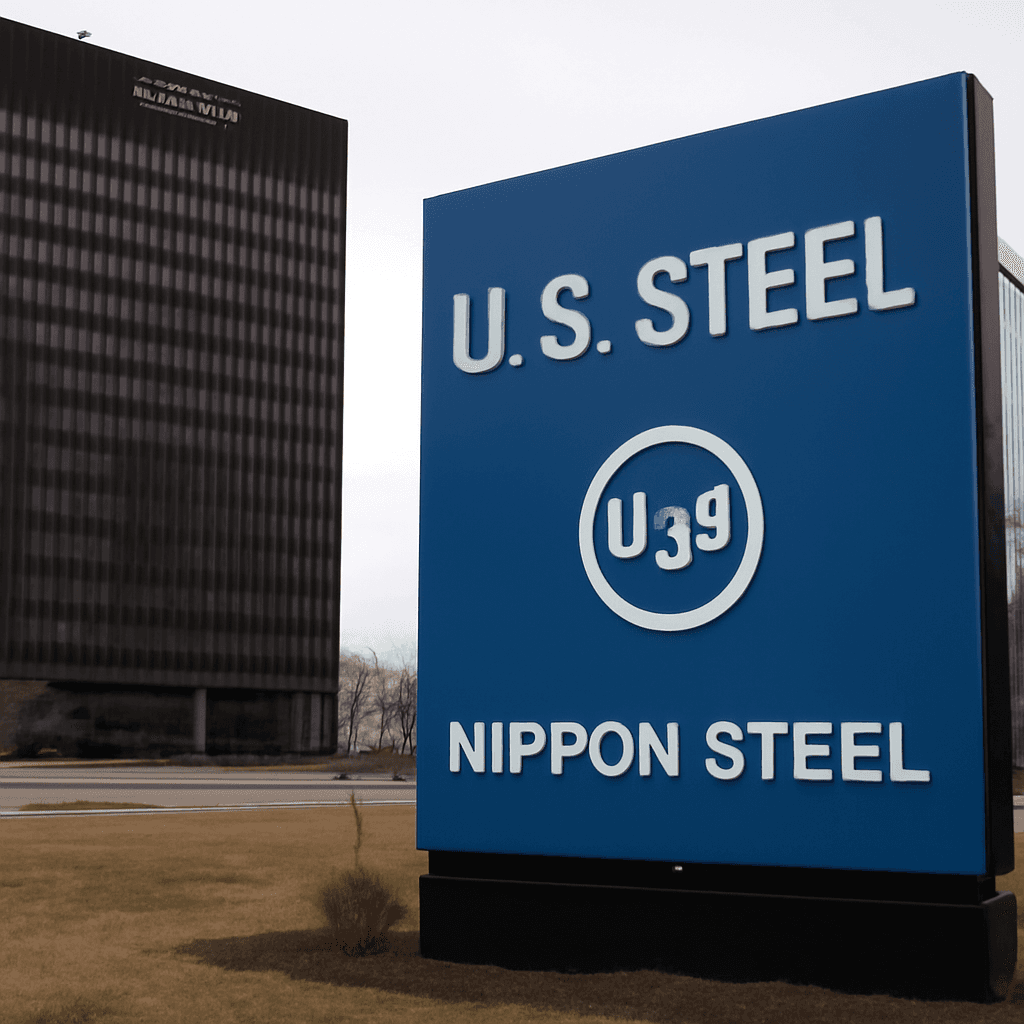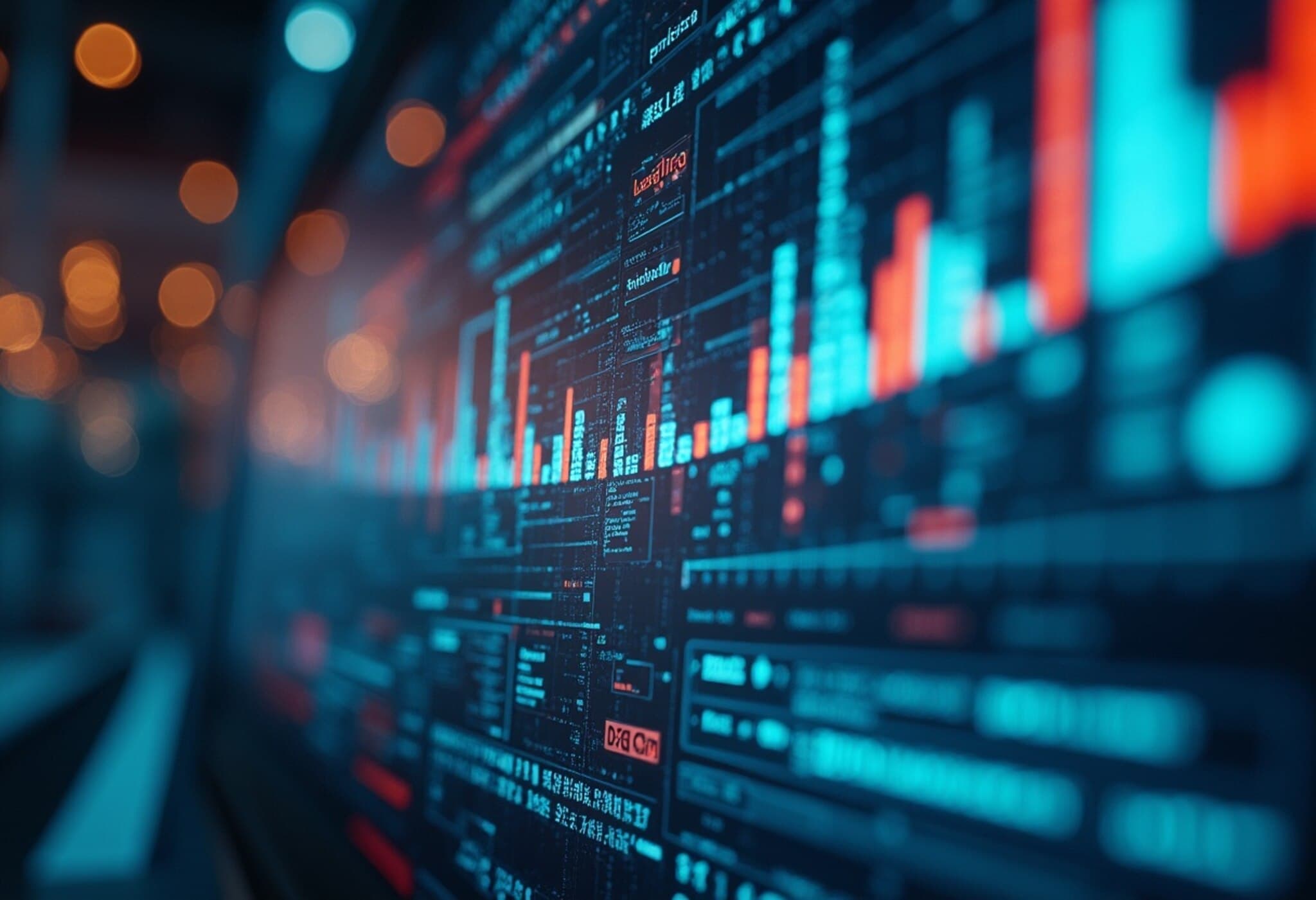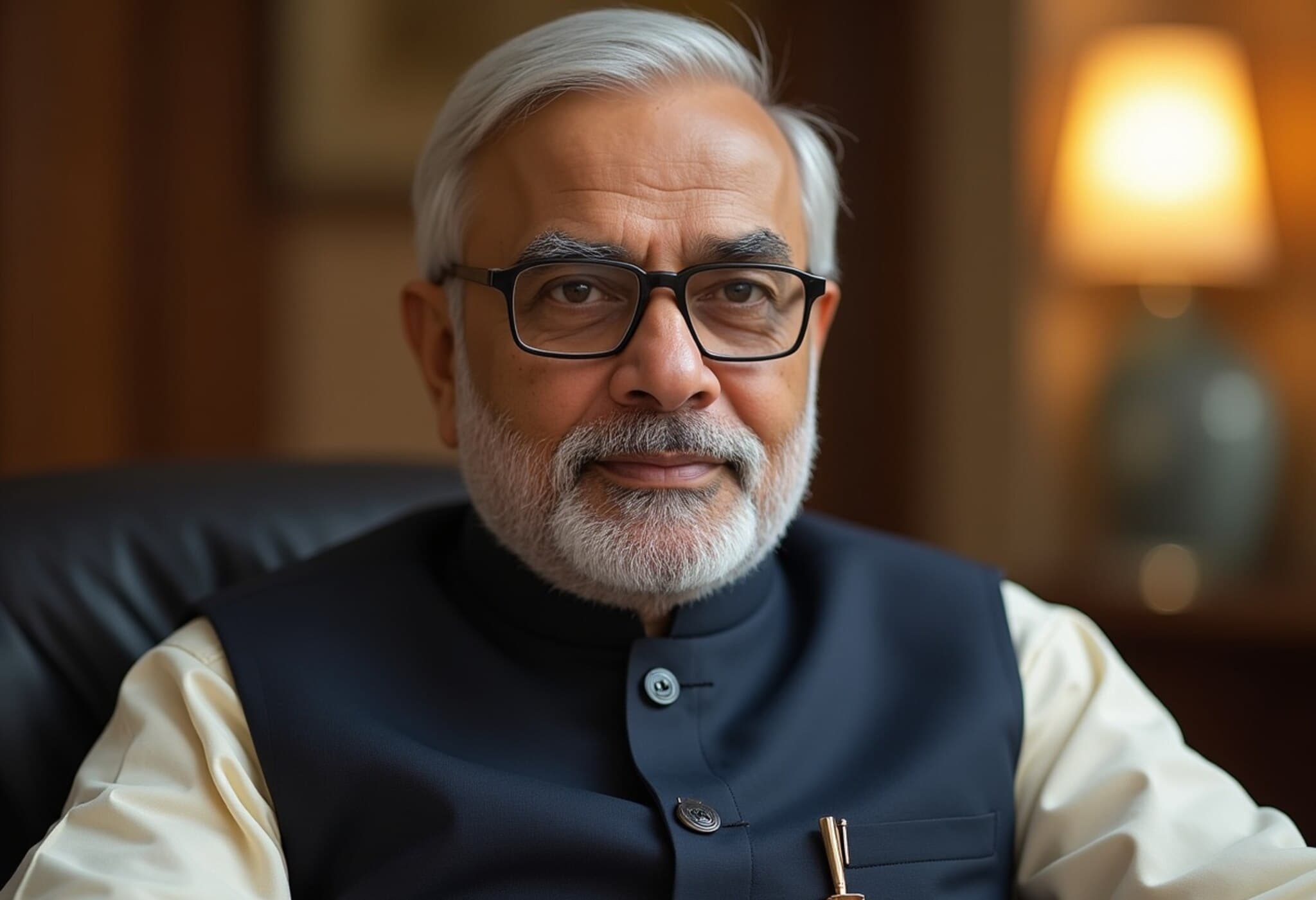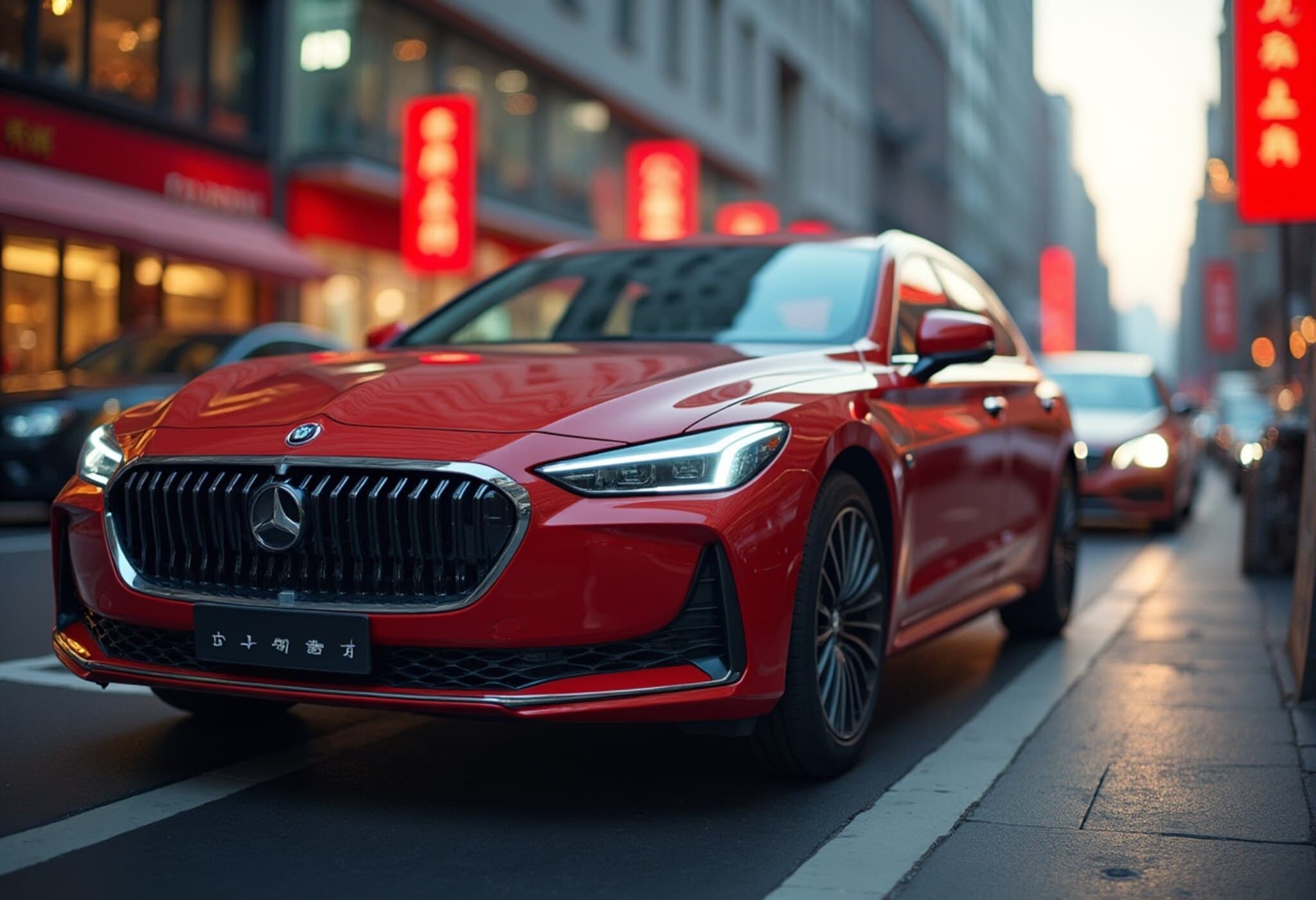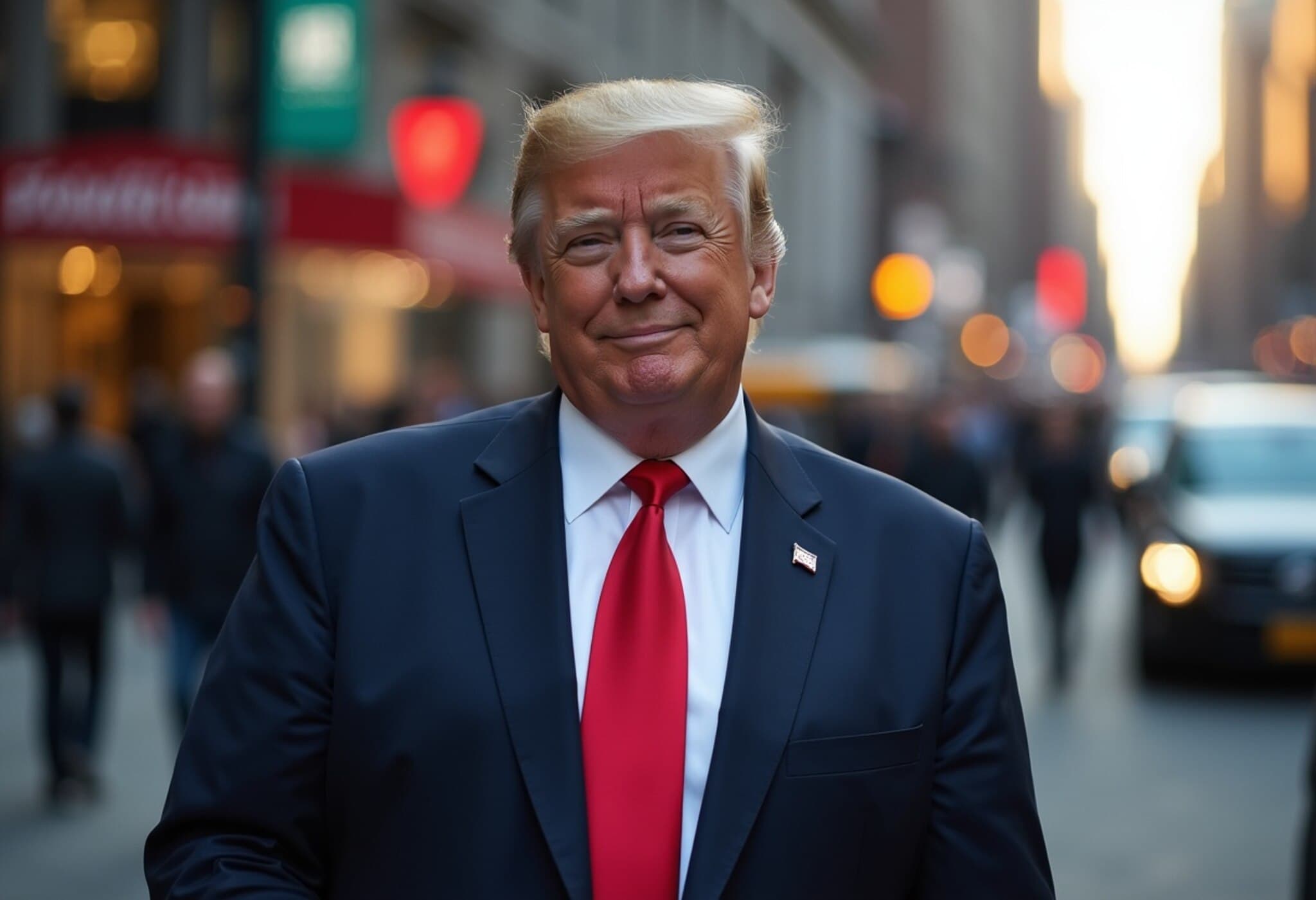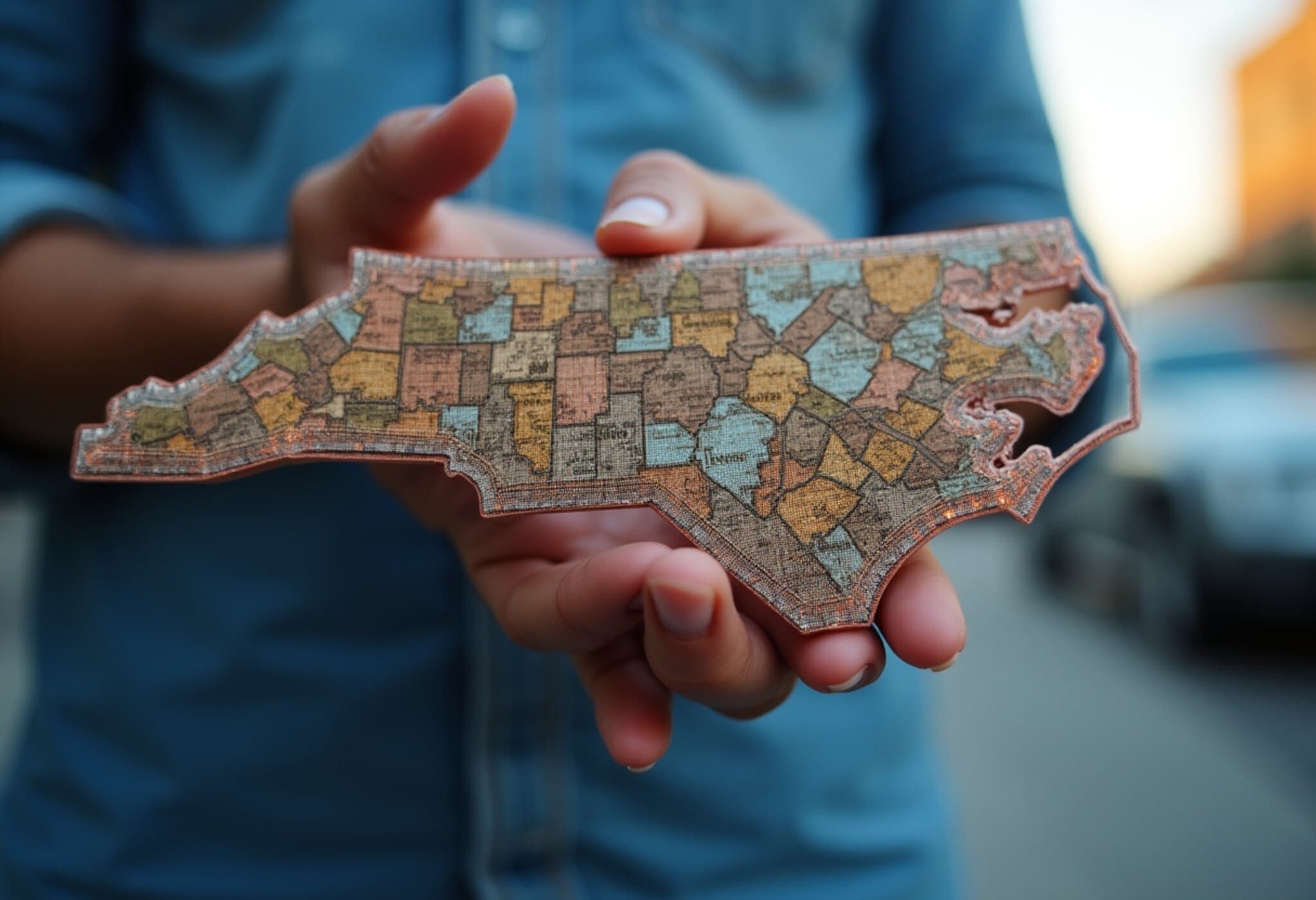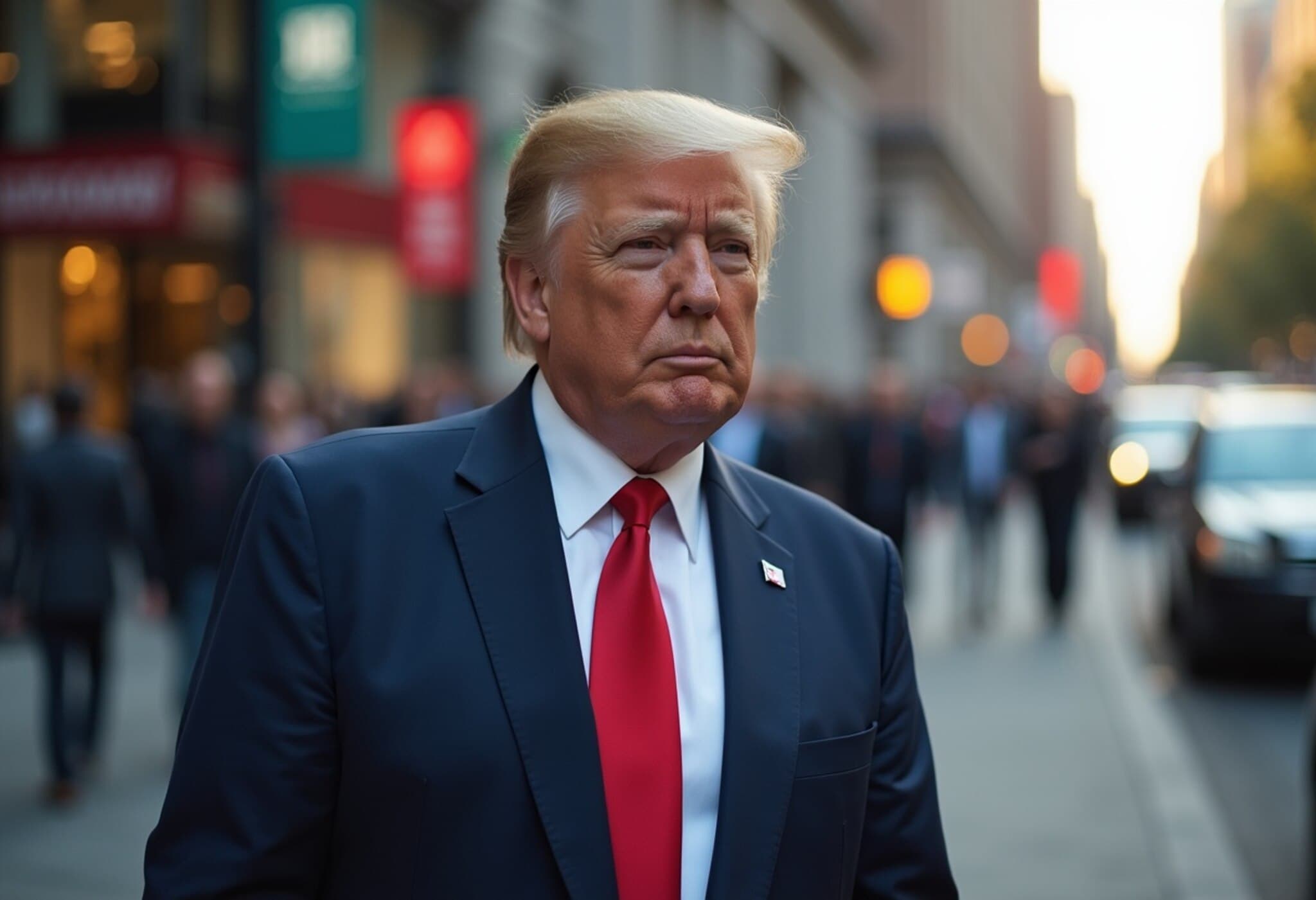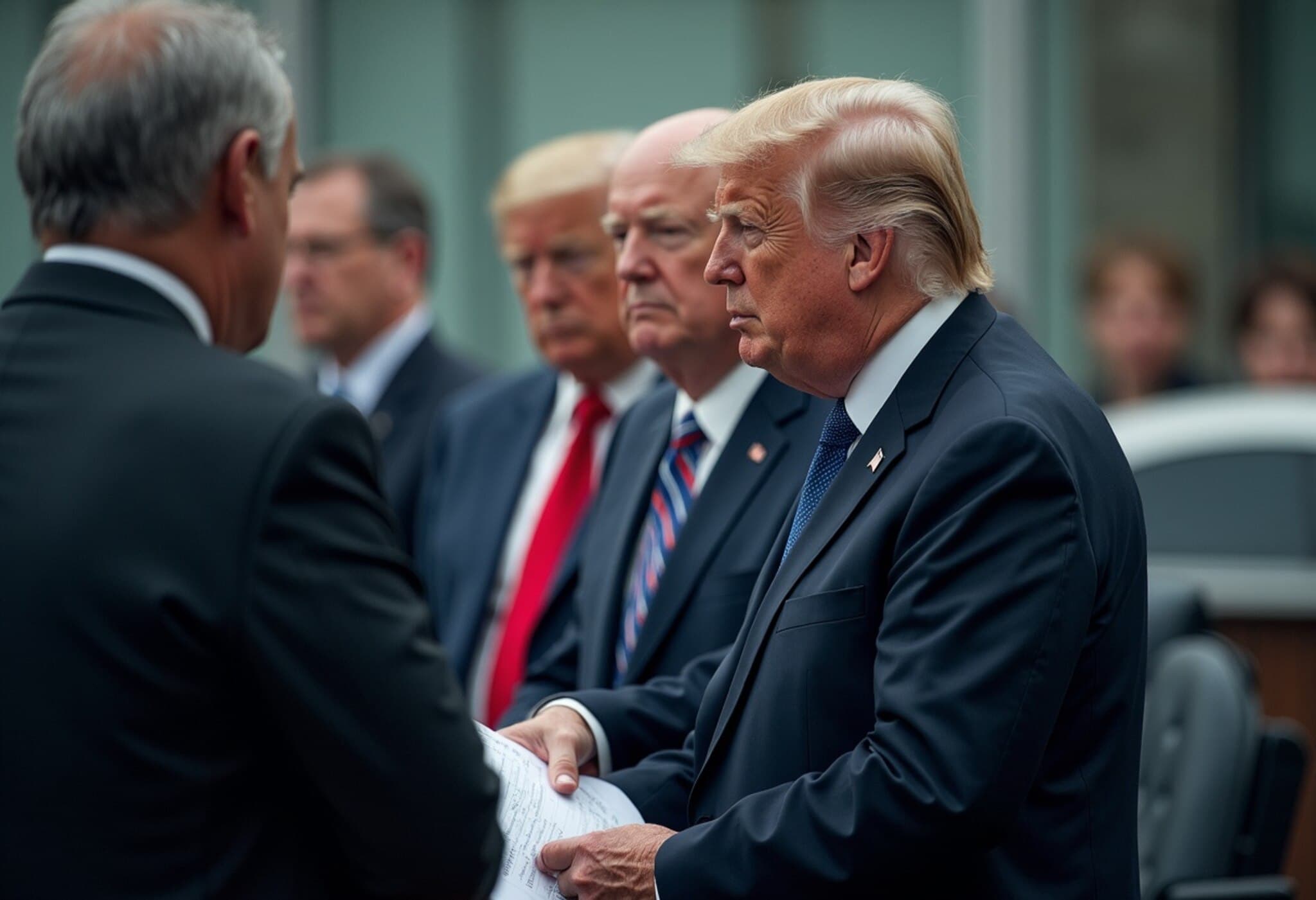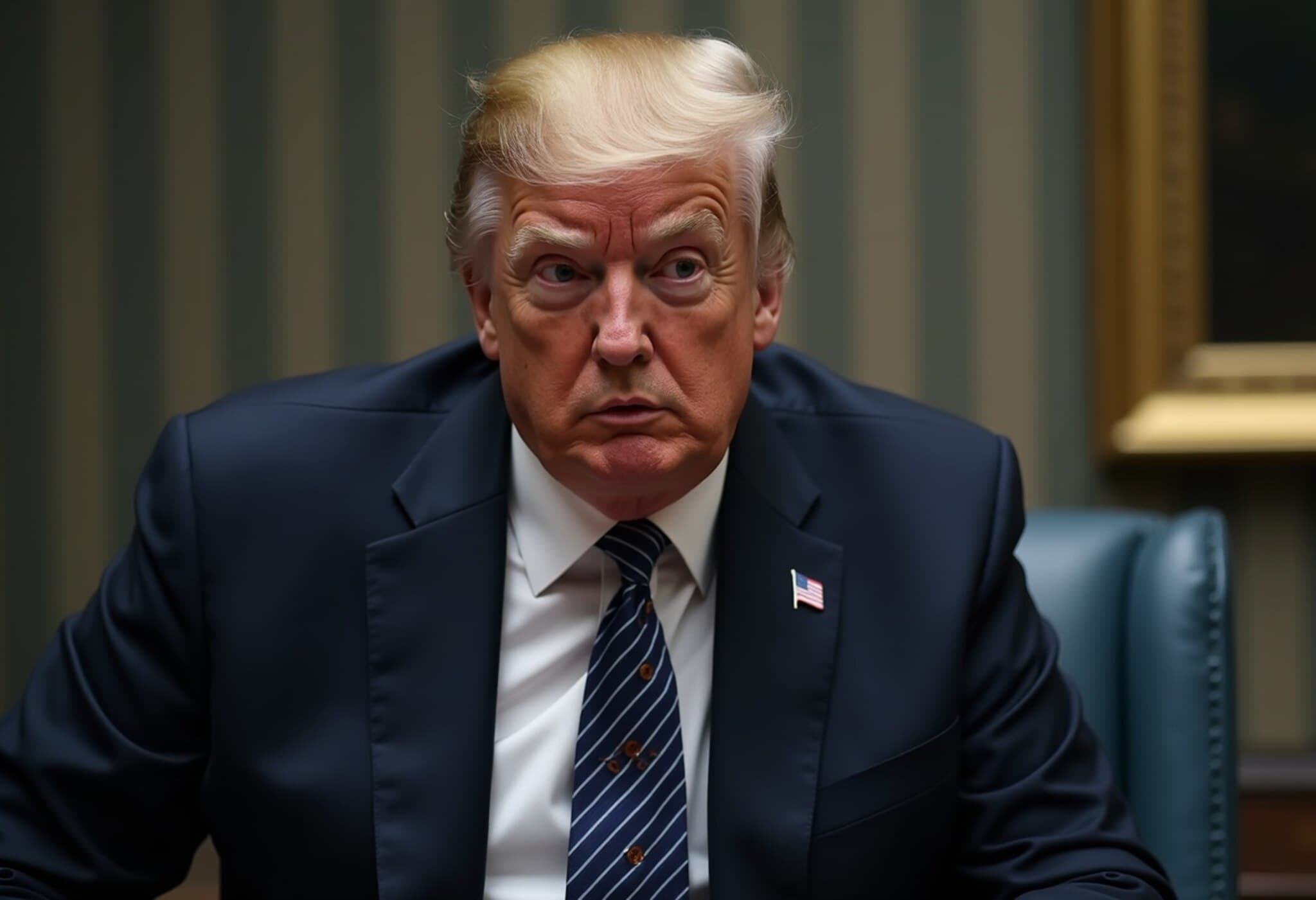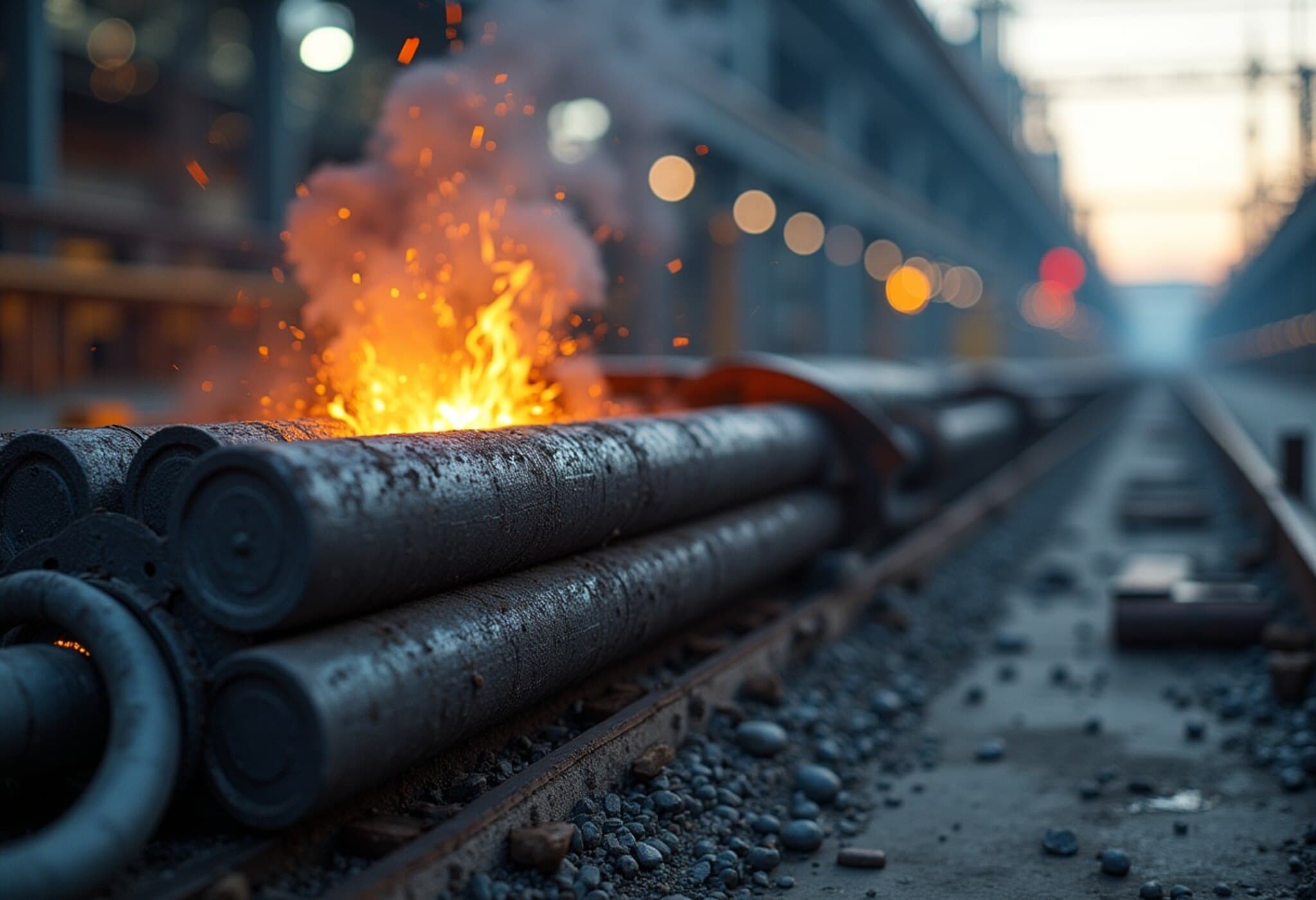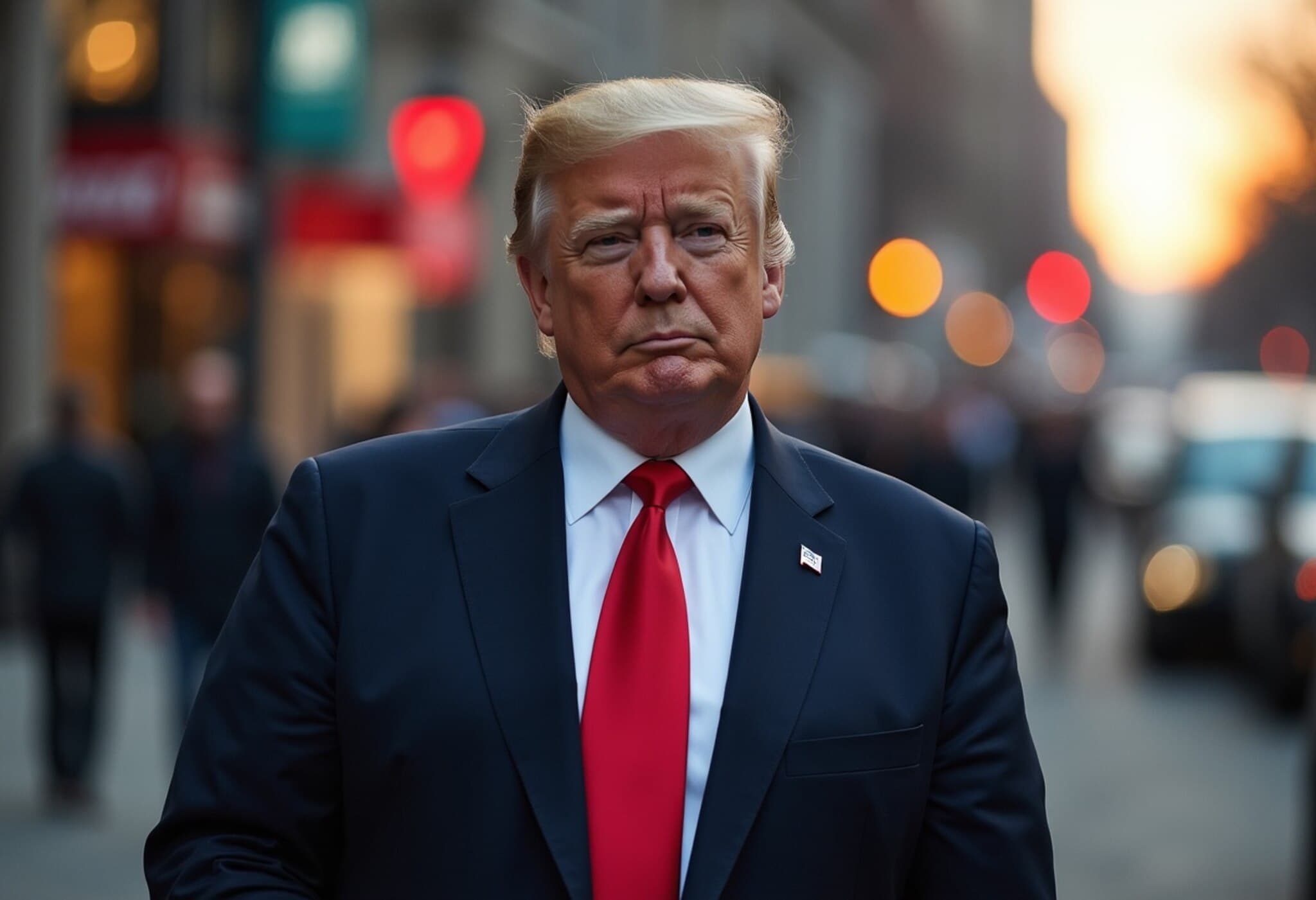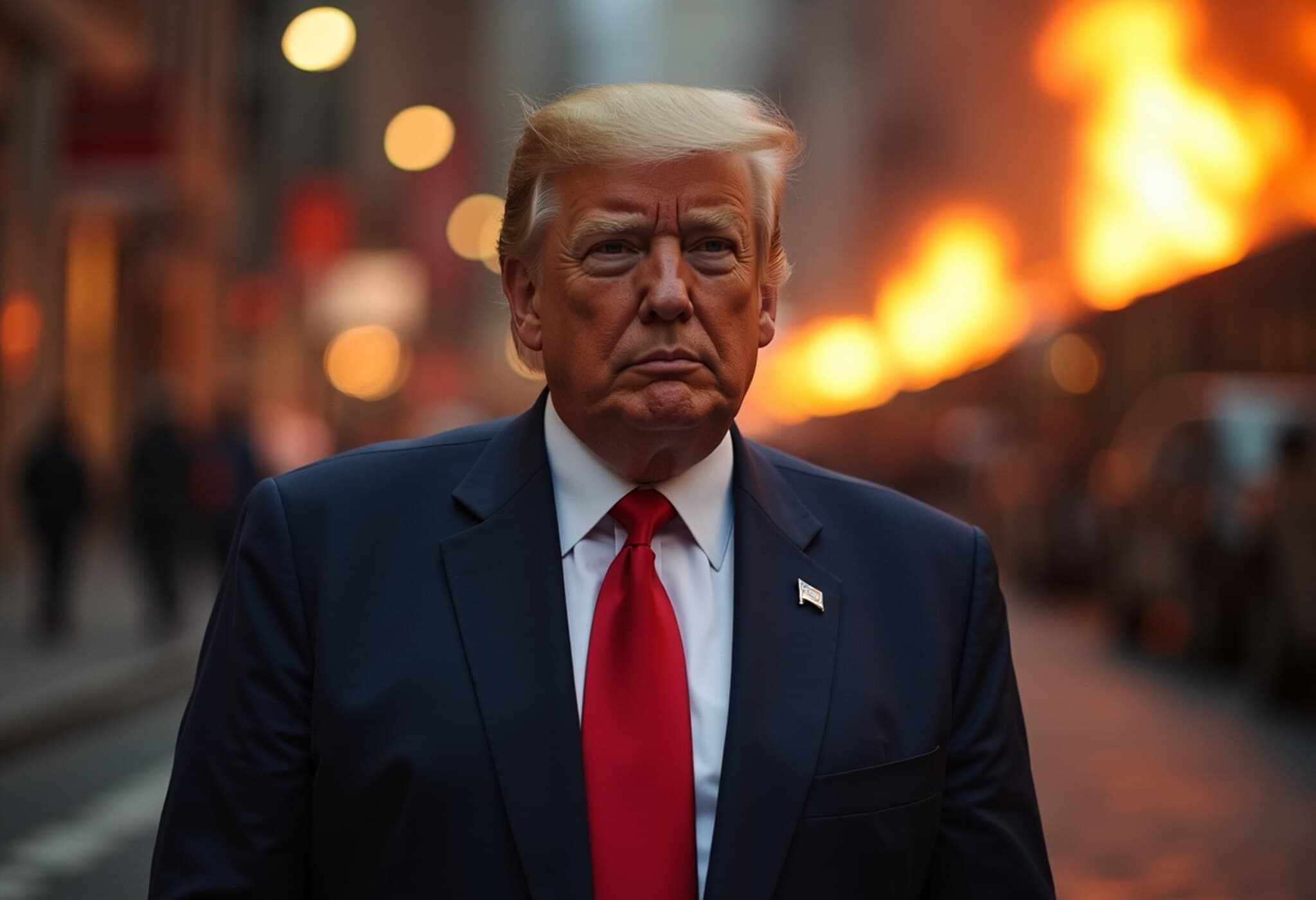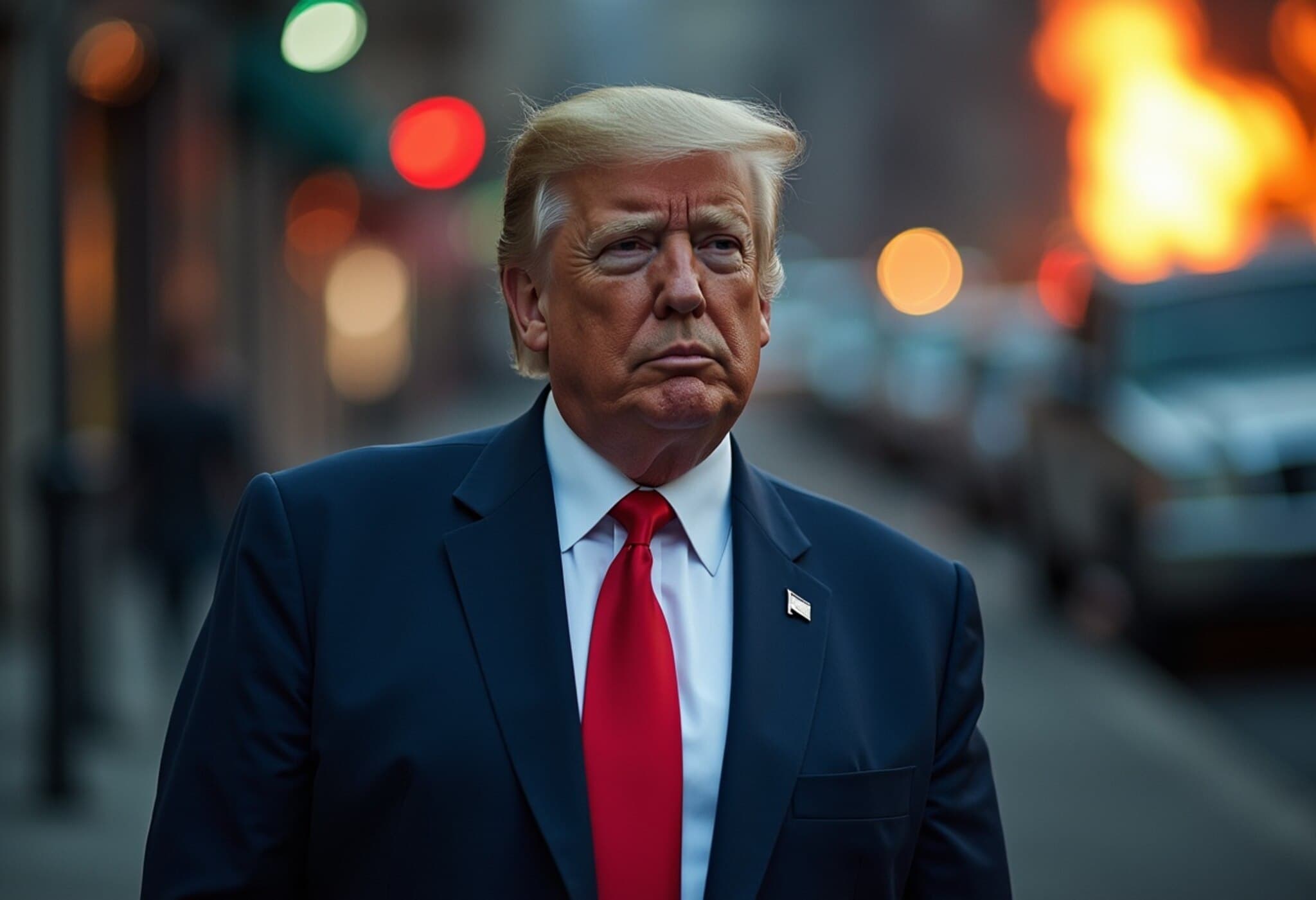Nippon Steel Completes Strategic $14.9 Billion Acquisition of US Steel
In a landmark move, Japanese steel giant Nippon Steel has officially closed its acquisition of US Steel, valued at $14.9 billion. The deal, originally announced in December 2023, involved Nippon Steel agreeing to pay $55 per share in an all-cash transaction, representing a 40% premium. The combination signals an ambition to form a world-class steelmaker with unrivaled capabilities.
US Government Secures Golden Share With Veto Power
The finalized deal includes a significant concession giving the US government a “golden share,” a special voting right that affords veto power over specific strategic decisions by Nippon Steel. This provision emerged amid broad political concerns over foreign ownership of a key American industry player. While the initial outright acquisition faced bipartisan resistance—including from then-President Donald Trump—the revamped agreement establishes a partnership framework with enhanced US oversight.
Ensuring National Security and Jobs
Under the terms, the US government gains authority to influence critical areas such as infrastructure projects, jobs, and capital budgeting. A national security pact commits approximately $11 billion in new investments by 2028, with promises to retain US Steel’s Pittsburgh headquarters and preserve American production jobs. Additionally, the board will have a majority of US citizens, and the US government can appoint an independent director.
Nippon Steel's CEO, Eiji Hashimoto, emphasized from Tokyo that "this arrangement will not obstruct our intended business activities" and reaffirmed commitment to revitalizing US operations without relocating jobs or plants abroad.
Market and Political Reactions
The market responded positively as Nippon Steel shares rose 4.6% following the announcement, even while Tokyo's broader Nikkei index declined slightly. Political figures, including Pennsylvania Senator Dave McCormick, hailed the agreement as a "massive victory" for working families and national security.
Conversely, the United Steelworkers union remains cautiously vigilant; despite opposing the deal, the union declared it will hold Nippon accountable and leverage collective bargaining to protect workers’ rights.
Overcoming Opposition and Political Hurdles
Resistance to the deal stemmed largely from concerns about foreign control of a critical US steel producer. Former US President Joe Biden initially blocked the acquisition in early 2024, citing risks to national security and supply chains. However, the political landscape shifted following the 2024 election cycle, paving the way for renewed negotiations and adjustments.
Key elements of the revised agreement—including maintaining US Steel’s brand identity and ensuring domestic leadership—served to allay previous fears and secure bipartisan support.
Looking Ahead: A New Chapter for US Steel
This significant merger marks a new chapter for US Steel, promising robust investment and operational upgrades backed by both Japanese innovation and US oversight. With the combined resources and shared commitments, the joint enterprise aims to emerge as a dominant force in global steel production and a pillar for American manufacturing resilience.
Photo Caption: Signage outside a blast furnace building at Nippon Steel’s East Nippon Works Kashima Area facility in Ibaraki prefecture, Japan.

